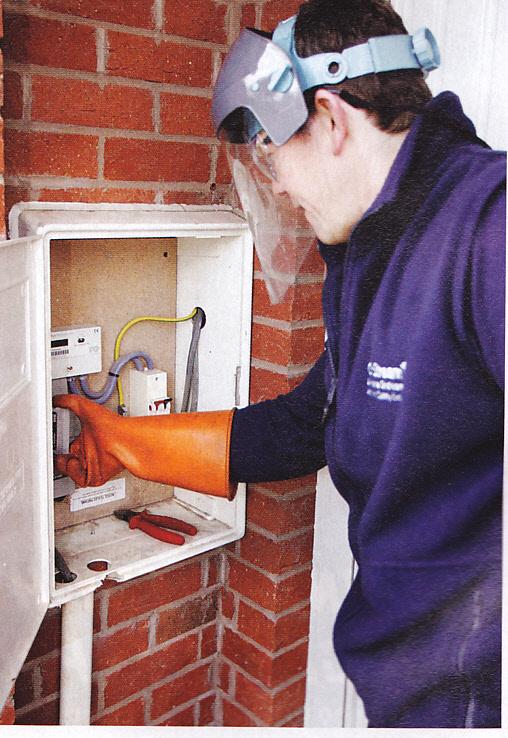Hi this is my first post here & looking for some advise. I have reaserched this quite a bit & have seen loads of people being shot down regarding DIY changing of a CU.
Im looking to change my old rewireable fusebox for a modern CU with RCD's. It would be a straight swap, no change of location etc. The property is a 3 bedroom semi built in the late 1970's. My background is a vehicle electrician of 15 years, i have always done my own domestic electrical work but have never undertaken a main CU change, only a garage unit when i rewired my garage.
I don't know all the domestic electrical terminology like bonding which i take to mean the earthing of all the pipework in the house to the CU ??
I have a few questions.
Firstly can I legaly do this work myself (i am in Scotland if that makes any difference).
I have read about the Ze testing, If i was to just swap the units over without this test or any testing what problems could i have after the change (assuming that i make all the connections correctly) ? I mean if everything appears to be working ok with the original fusebox how can it be less safe than before ?
I would be intending to upgrade the tails & add 10mm earthing at the same time. I have no problem with pulling the main fuse either to isolate the supply.
Please dont crucify me thanks.
thanks.
Im looking to change my old rewireable fusebox for a modern CU with RCD's. It would be a straight swap, no change of location etc. The property is a 3 bedroom semi built in the late 1970's. My background is a vehicle electrician of 15 years, i have always done my own domestic electrical work but have never undertaken a main CU change, only a garage unit when i rewired my garage.
I don't know all the domestic electrical terminology like bonding which i take to mean the earthing of all the pipework in the house to the CU ??
I have a few questions.
Firstly can I legaly do this work myself (i am in Scotland if that makes any difference).
I have read about the Ze testing, If i was to just swap the units over without this test or any testing what problems could i have after the change (assuming that i make all the connections correctly) ? I mean if everything appears to be working ok with the original fusebox how can it be less safe than before ?
I would be intending to upgrade the tails & add 10mm earthing at the same time. I have no problem with pulling the main fuse either to isolate the supply.
Please dont crucify me



